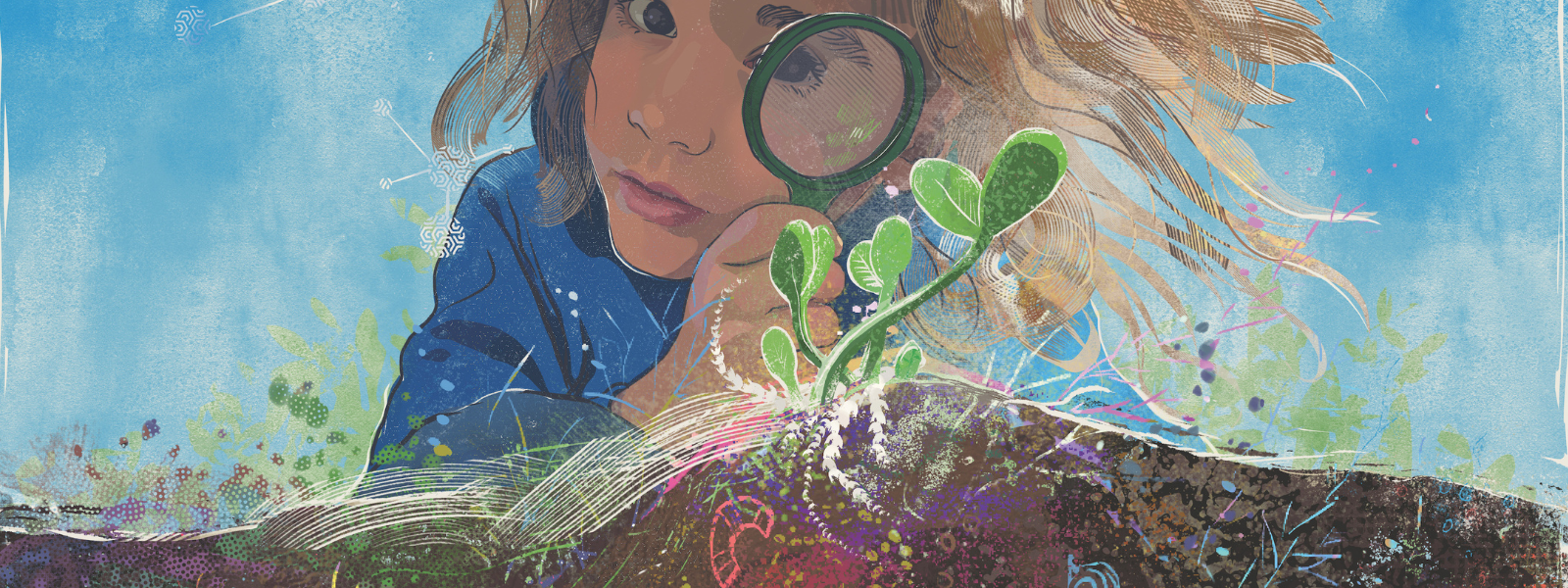
Tips
You searched for organic and found 39 tips.
- Beneficial Insect: Lacewing – These beautiful, slender insects are attracted to lights and are commonly found clinging to window screens at night. But don’t swat them… they’re a big help in the garden. Read more →
- Beneficial Insect: Ladybug – Welcome ladybugs into your garden not only for their cute color, shape and pattern, but for their pest-eating capabilities. Read more →
- Beneficial Insect: Pirate Bug – Ah-hoy! Appropriately named, these bugs are villains toward other pests in your garden. Read more →
- Beneficial Insect: Soldier Beetles – These beetles are related to fireflies. Just like our fiery friends, we also like to keep these soldiers around as they prey on pests that may be lurking among your plants. Read more →
- Beneficial Insect: Syrphid Fly or Hover Fly – These guys are your friends! Adult hover flies resemble small wasps, with a black and yellow or white striped abdomen. They will hover like a hummingbird as they drink nectar from flowers. Hover flies do not sting. They range in size from 1/4” to 1/2” depending on the species. The adults are the pollinators and its the larvae that consume pests. Read more →
- Beneficial Insect: Tachinid Fly – They are North America’s largest and most important group of parasitic flies, with at least 1300 species in the U.S. Celebrate these guys! Read more →
- Beneficial Insects – Learn how farmers use the laws of nature to strategically and effectively battle pests. Read more →
- Benefits of Cover Cropping – Cover crops, often planted in between main cash crops cycles, are grown for their benefits to the soil: nutrient cycling, weed suppression, limiting soil erosion, alleviating compaction, and carbon cycling. Read more →
- Compost: Turn food waste into soil nutrients! – Compost is an important soil amendment made of decomposed plant matter including food scraps. You can make right it in your backyard! With the right recipe, your compost heap will not omit bad odors, will lighten the load (and cost) of your trash, and will greatly reduce greenhouse gas emissions from landfills. Adding compost to soil helps to restore the organic matter content allowing for greater moisture and nutrient retention and providing necessary food for essential microorganisms that live in healthy soil. Read more →
- Container Gardening – Don’t let lack of space keep you from gardening! Read on to learn how to grow successfully in containers. Read more →
